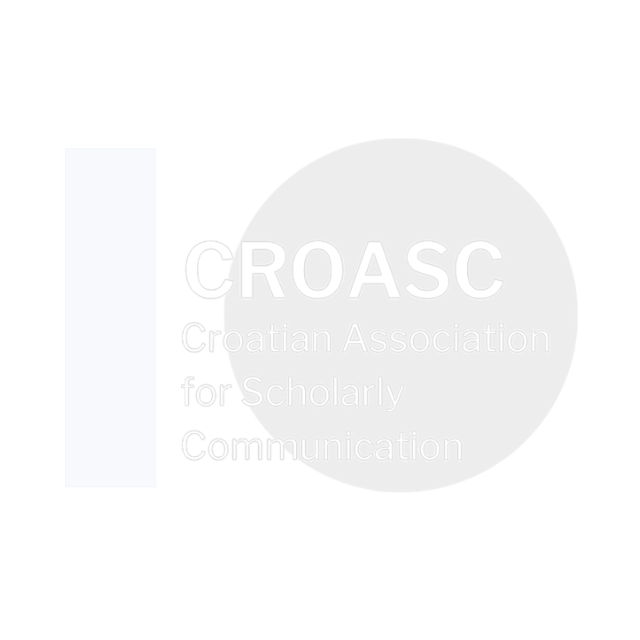Research Assessment at the European University of the Future
short talk × thursday × 9.30-11.00
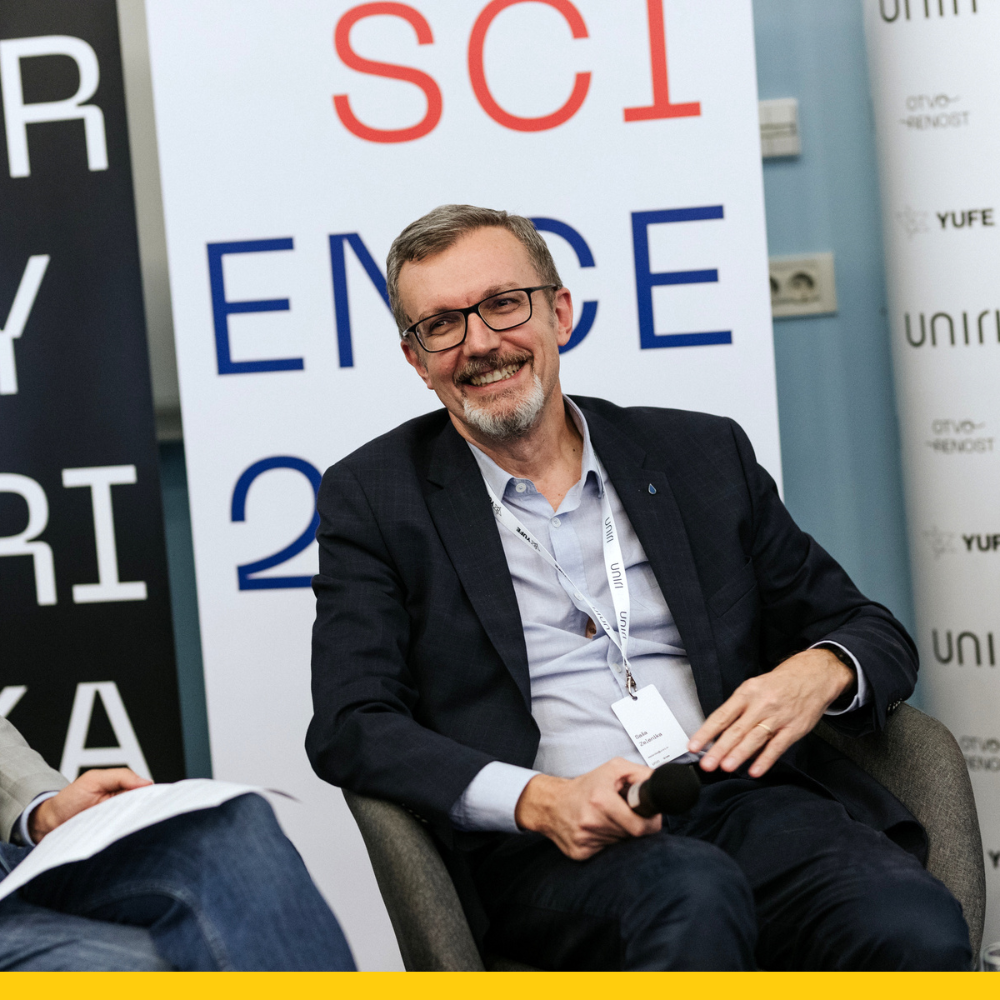
Saša Zelenika
University of Rijeka
Croatia

Nataša Jakominić Marot
University of Rijeka
Croatia
In its 2021-2025 strategy with the vision of a European University of the Future (UNIRI, 2021), the University of Rijeka (UNIRI), Croatia, focuses on its people: teachers, researchers, students and citizens, all within a community engagement framework. To foster its human resources, and align its policies and practices with the relevant initiatives and strategies of the European Union and the global scale, in the last few years UNIRI has, therefore, organically worked on many elements of its research assessment framework, basing them on responsibility, accountability, transparency, equity, efficiency and sustainability.
As the first university in Croatia and, one of the first ten that embraced the Human Resources Strategy for Researchers (HRS4R) and gained the HR Excellence in Research logo already in 2010, UNIRI has renewed this status in 2019 and again in 2024, redefining its HRS4R strategic priority areas and producing a detailed action plan for their implementation, clearly defining the respective deadlines, roles and responsibilities (UNIRI, 2024b).
Aware of the shortcomings of current research assessment practices based on quantitative bibliometric data and their negative effects, especially on early and mid-career researchers (EMCRs), in 2022 UNIRI was also among the early signatories of the Agreement on Reforming Research Assessment (RRA) under the Coalition for Advancing Research Assessment (CoARA) (CoARA, 2022). Since then, UNIRI has actively contributed to the CoARA commitments, especially as part of the Working Groups on Reforming Academic Career Assessment as well as on EMCRs. In this framework, UNIRI has developed a comprehensive Action Plan with the respective timeframes and responsibilities (UNIRI, 2023c). More recently, UNIRI has also been awarded a Horizon Europe (HE) CoARA Boost Teaming project.
In many of these activities UNIRI relies heavily on its membership in the Young Universities for the Future of Europe (YUFE) European University alliance, as well as in the Young European Research Universities Network (YERUN). In the framework of the H2020 project YUFERING, UNIRI has therefore co-created the YUFE Competence Framework for Researchers, and as part of the H2020 project DIOSI, an innovative doctoral learning model. Also, as part of the YUFE4Postocs Marie Skłodowska-Curie Action, elements of the narrative CV have been included in the selection of the applicants. Several policy documents related to academic assessment have, in turn, been co-created within the YERUN network, stressing the need to recognise and reward the diversity of researchers’ contributions.
UNIRI is also actively contributing to research assessment-related HE projects Sustainable Careers for Researcher Empowerment (SECURE) and Open and Universal Science (OPUS). Aiming to improve research careers and reduce career precarity, in SECURE UNIRI is one of the research-performing organisations (RPOs) piloting measures to create, trial and implement an innovative research career framework (RCF). From a broad set of topics and actions, UNIRI has chosen and achieved the set results in 14, thus contributing to the definition of a revised RCF with a comprehensive set of 80 actions across topics focusing on strategy, stability, conditions, skills, mobility, assessment, pathways, and interoperability, i.e. a practical toolbox for RPOs and research-funding organisations (RFOs) enabling them to select and implement actions tailored to their strategic needs. In OPUS, the project consortium is working on measures to reform the research(er) assessment towards a system that incentivises and rewards open science (OS). A comprehensive researcher assessment framework (RAF) was structured here around categories such as research, education, leadership, and valorisation, each encompassing specific indicators and interventions. In this framework, UNIRI pilots actions in research, education and valorisation, with concrete interventions and coupled metrics in policies, resources, repositories, awareness raising and training. Via mutual learning with other involved RPOs and RFOs, clear gains in exchanging practical solutions and raising transparency and collaboration have been attained.
Many of these activities have also been used to promote and foster UNIRI’s actions related to OS, including fostering the FAIR principles, the adoption of research data management plans, as well as the development of citizen science. Indeed, already in 2019 UNIRI issued its Declaration on European OS, in 2021 it signed the San Francisco Declaration on Research Assessment (DORA), while in the same year the Senate approved the UNIRI’s OS Policy, which has recently been revised (UNIRI, 2025). In this document, a comprehensive set of institutional OS goals is defined, as are the respective responsibilities, all accompanied by the basic terms, principles, and a broad set of references. The coordinated work with the partners on the YUFE OS calendar and the full OS model, as well as on the YERUN OS advent calendar and the OS awards, is part of these activities. Closely related are UNIRI’s activities on ethics and research integrity, and on gender equality and diversity. The involvement of the highly dedicated and professional UNIRI University Library’s (SVKRI) staff, especially its OS Centre, is instrumental in all institutional OS activities. SVKRI is also UNIRI’s interface towards the well-developed national repositories system. Also part of the same context, based on the activities of its Center for Artificial Intelligence and Cybersecurity (AIRI) and its coordination of the European Digital Innovation Hub EDIH Adria, is the UNIRI artificial intelligence (AI) tools usage policy, adopted at the beginning of 2024. The policy outlines the principles for AI usage in research and teaching, based on the firm conviction that it is always the human (teacher/student) who uses the AI tools that is responsible for the quality and reliability of the obtained results, but also a broad set of precautionary ethical provisions (UNIRI, 2024a).
Finally, as part of citizen science activities, UNIRI has established a Science Outreach Centre (SOCRI), which systematically works to promote UNIRI’s research results within the broader community, and to develop researchers’ skills in science communication. In the latter field, in collaboration with professional science journalists, a series of guidelines and training courses has been developed.
UNIRI has been active in the outlined framework at the national level as well, advocating the inclusion of OS and qualitative assessment in the discussed set of new national criteria for the selection and promotion of research and teaching staff. At the institutional level, UNIRI has, in parallel, adopted its Rules and Regulations on Scientific, Artistic, and Innovation Activities (UNIRI, 2023b) and, maybe even more importantly, the Guidelines for Additional Criteria for the Selection of Academic Staff (UNIRI, 2023a). These activities should foster a systemic change of the institutional assessment practices promoting a paradigm (cultural) shift in the researchers, their attitudes, values and expectations.
Despite the challenges along this path and the fact that national support is crucial, the UNIRI practices clearly show that a lot can be done at institutional level, where a participatory process that is also transparent, open and flexible, with strong leadership support and devoted resources, and acknowledging the diversity of roles, career stages, and disciplines, can truly do miracles. Being an active part of the EU and global efforts towards the reform of research assessment practices is crucial in this endeavour, as is exchanging experiences via joint projects and mutual learning, as well as by developing dedicated action plans with included trainings, workshops and awareness raising campaigns. All this catalyses and incentivises institutional activities providing an extremely positive impact towards the institutional strategic goals, concurrently promoting UNIRI’s quality and international visibility.
keywords
CoARA; HRS4R; open science; policies; research assessment; university alliances and networks
References
Coalition for Advancing Research Assessment (CoARA). (2022). The Agreement on Reforming Research Assessment. https://coara.eu/app/uploads/2022/09/2022_07_19_rra_agreement_final.pdf
University of Rijeka. (2024a). Artificial Intelligence Usage Policy at UNIRI. https://zenodo.org/records/11080236
University of Rijeka. (2023a). Guidelines for Additional Criteria for the Selection to Scientific- Teaching, Artistic-Teaching, Teaching, Associate, and Professional Positions of Academic Staff at the University of Rijeka and its Constituents. https://zenodo.org/records/12800551
University of Rijeka. (2025). Politika otvorene znanosti Sveučilišta u Rijeci. https://uniri.hr/wp-content/uploads/2025/02/Politika-otvorene-znanosti_UNIRI_revizija-2025.pdf
University of Rijeka. (2023b). Rules and Regulations on Scientific, Artistic, and Innovation Activities at UNIRI. https://zenodo.org/records/13383045
University of Rijeka. (2024b). University of Rijeka Human Resources Strategy for Researchers – Strategic Priority Areas and Action Plan for their implementation. https://uniri.hr/wp-content/uploads/2024/03/UNIRI_HRS4R_2023-AP-1.pdf
University of Rijeka. (2023c). University of Rijeka Reform of Research Assessment – CoARA Action Plan 2024-2027. https://zenodo.org/records/10634416
University of Rijeka. (2021). University of Rijeka Strategy 2021 – 2025: European University of the Future. https://uniri.hr/wp-content/uploads/2021/04/University_of_Rijeka_Strategy_2021-2025.pdf
short biographies
Saša Zelenika is full professor with tenure at the University of Rijeka, Faculty of Engineering. He was Assistant Minister for Science and Deputy Minister at the Croatian Ministry of Science, Education and Sports. He has authored more than 220 scientific and professional publications, 2 textbooks, a patent, 62 scientific broadening newspaper articles, 122 broadening talks and 18 scientific broadening radio shows, and actively participates(ed) in 11 EU FP projects. As UNIRI’s Vice-Rector for Strategic Projects he was in charge of innovation and knowledge valorization activities, head of the EDIH Adria European Digital Innovation Hub, of the HE INNO2MARE Excellence Hub’s Innovation Council, has fostered University’s activities related to open science and AI policies, and has lead the UNIRI activities concerning the reform of research(er) assessment. Currently he is a.i. Rector’s Advisor for Strategic Projects at the University of Rijeka.
Nataša Jakominić Marot is Head of the University of Rijeka Centre for Research and Innovation and an experienced leader in research and innovation. Over two decades in the sector, she has demonstrated expertise in EU project preparation, implementation, and supervision, managing and supervising a portfolio exceeding 100 mEUR. In the last 10 years, she has contributed to 6 Horizon Europe/Horizon 2020 projects in various roles. She is a trainer in project and research management, EU funding, and leadership. She is an expert in EU higher education and R&I policy and international peer reviewer and trainer in her fields of expertise. She is an active member of EARMA, YERUN Policy Platform and two CoARA working groups, and has been at the forefront of the efforts to reform research assessment in Europe, also by strongly promoting the principles of Open Science.

